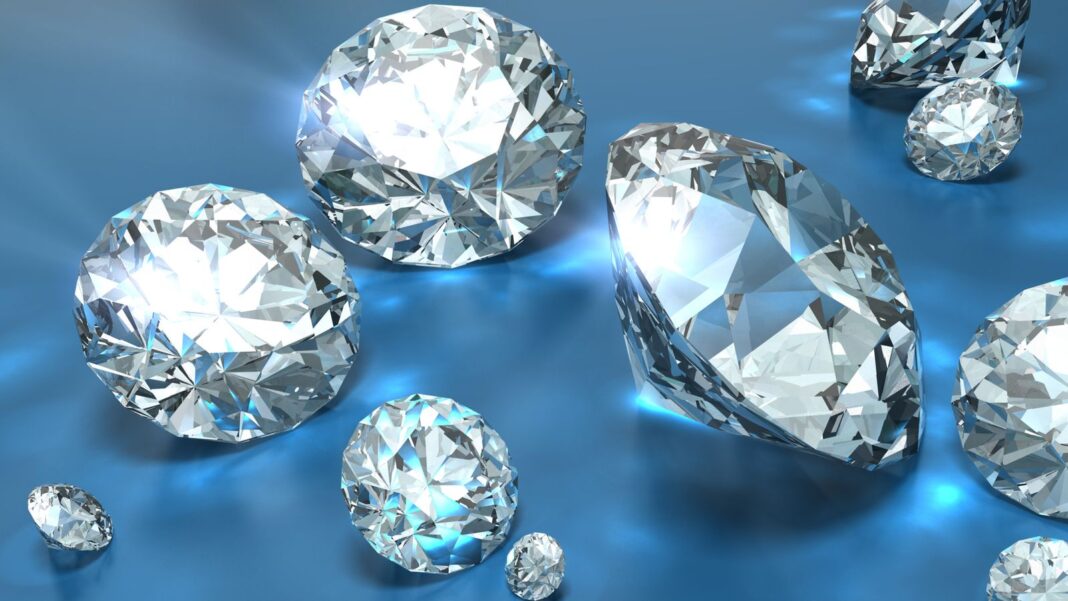It may be the smallest planet in the solar system but Mercury could be hiding a big secret.
A layer of diamond beneath the crust of Mercury could be up to 10 miles (18km) thick, new research suggests.
Scientists from China and Belgium used data collected by NASA’s MESSENGER spacecraft between 2004 and 2015 to inform their theories about the structure of the planet’s interior.
The researchers think two processes could have resulted in the diamond layer.
“First is the crystallisation of the magma ocean, but this process likely contributed to forming only a very thin diamond layer at the core/mantle interface,” Olivier Namur, a member of the research team and an associate professor at KU Leuven, told Space.com.
“Secondly, and most importantly, the crystallisation of the metal core of Mercury.”
When the planet was formed around 4.5 billion years ago, the metal core was entirely liquid which progressively crystallised over time, according to Mr Namur.

This diamond layer is thought to have formed as Mercury’s liquid core crystallised. Pic: iStock
The new research – published on 14 June – suggests that under extreme pressure, the carbon present in the mantle turned into diamond.
This diamond then floated to the top of the core – creating a layer between it and the mantle.
Read more from Sky News:
Crowdstrike offers $10 vouchers after global IT outage
T-Rex could have been even bigger than previously thought
To test the theory, scientists used a large-volume press to replicate the pressures and temperatures that exist within the interior of Mercury.
The material synthetic magnesium silicate was put under seven gigapascals (a unit of pressure) and heated to 2,177C (3,950F) to demonstrate how minerals would have changed at the time Mercury was formed, and simulated diamond formation in these conditions.

Keep up with all the latest news from the UK and around the world by following Sky News
Mr Namur said the results could point to differences between the formation of Mercury and other planets, including Earth and Mars.
Scientists have previously suggested that there could be more than a quadrillion tonnes of diamond scattered beneath the Earth’s surface.
The minerals are believed to be buried more than 160km (100 miles) beneath the Earth’s surface – far deeper than any human drills have ever reached.







